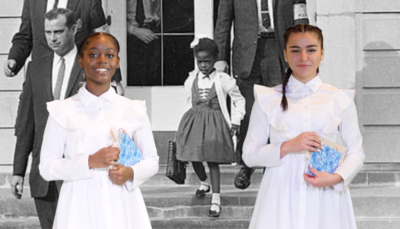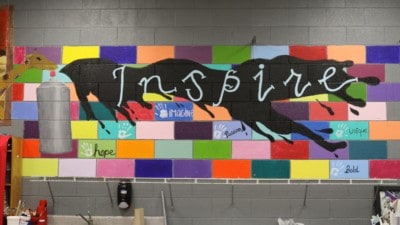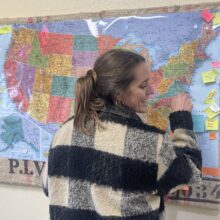Share this story
- For nearly 30 years, @aep_arts has used research, reports, and collaboration to connect leaders across the arts education spectrum in the hopes of advancing arts education for all. What resources does the group offer?
- .@EducationNC joined @aep_arts as an affiliate in April 2022. As we continue to grow our coverage of arts education, we aim to spotlight exceptional educators, school initiatives, and after-school community systems using art to support students.
Senate Bill 681 was signed into law in July 2020, officially creating an arts high school graduation requirement in North Carolina. This graduation requirement begins this school year with entering sixth grade students.
All 50 states and the District of Columbia have content or performance standards for arts education, but only 32 define the arts as a core or academic subject, according to the The Arts Education Partnership (AEP).1
For nearly 30 years, AEP has used research, reports, and collaboration to connect leaders across the arts education spectrum in the hopes of advancing arts education for all.
AEP offers research on the impact the arts have on student success, school culture, community engagement, and more via the ArtsEdSearch tool. They come out with an ArtScan report annually, which does a state-by-state comparison of enacted arts education policies. By aggregating this data, people and policymakers can easily see how different states are supporting the arts.
AEP is housed within the Education Commission of the States and was established with the support of the National Endowment for the Arts, the U.S. Department of Education, the Council of Chief State School Officers (CCSSO), and the National Assembly of State Arts Agencies (NASAA).
How we use AEP’s work
EdNC joined AEP as an affiliate in April 2022. As we continue to grow our coverage of arts education, we aim to spotlight exceptional educators, school initiatives, and after-school community systems using art to support students.
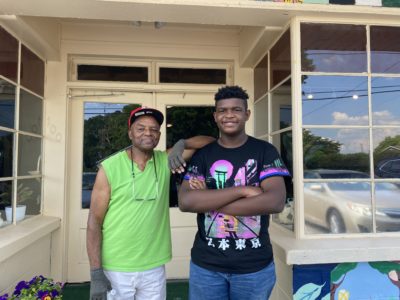
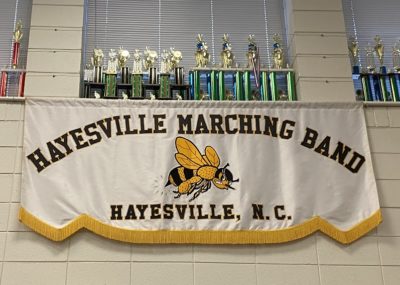
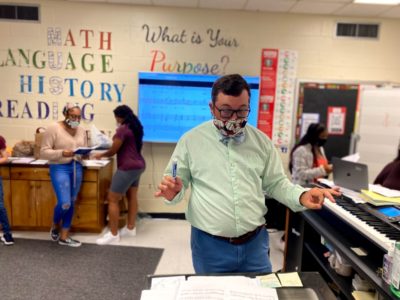
We’ve visited theater rehearsals and sidewalk chalk projects, attended choir classes, and listened as senior band students played their favorite numbers for the last time.
On the road from Washington County to Jackson County, EdNC has stopped to find murals in rural downtowns and kept an eye out for the ever-growing North Carolina Barn Quilt Trail. Art isn’t just in our schools; it’s hanging proudly in our communities.
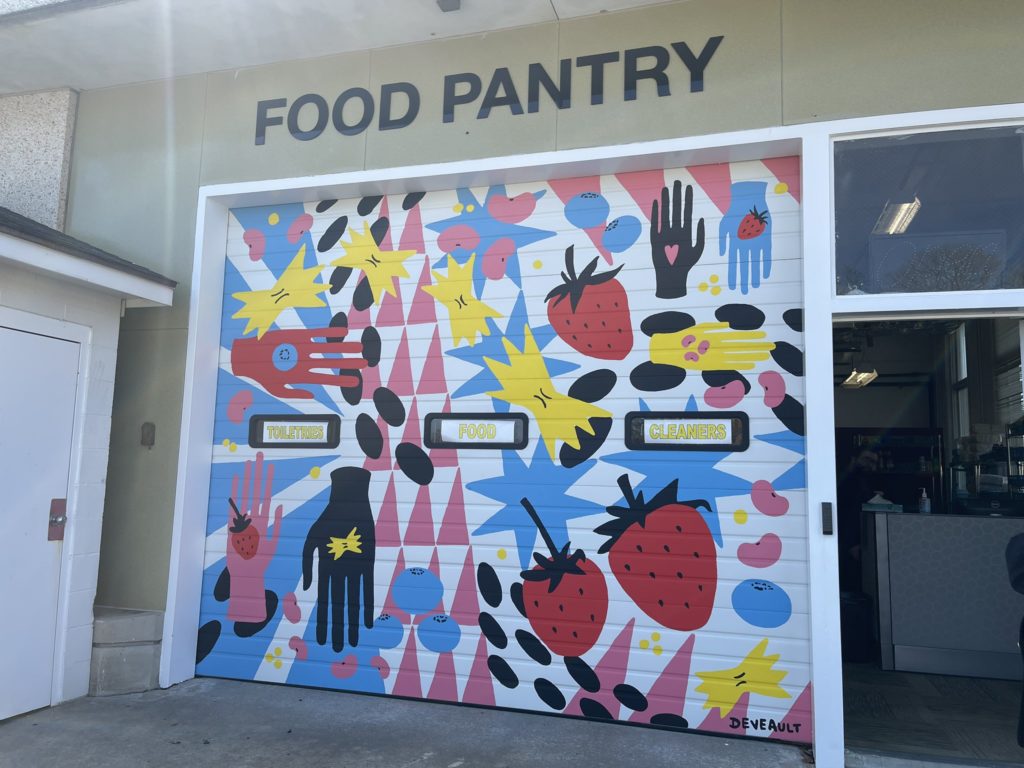
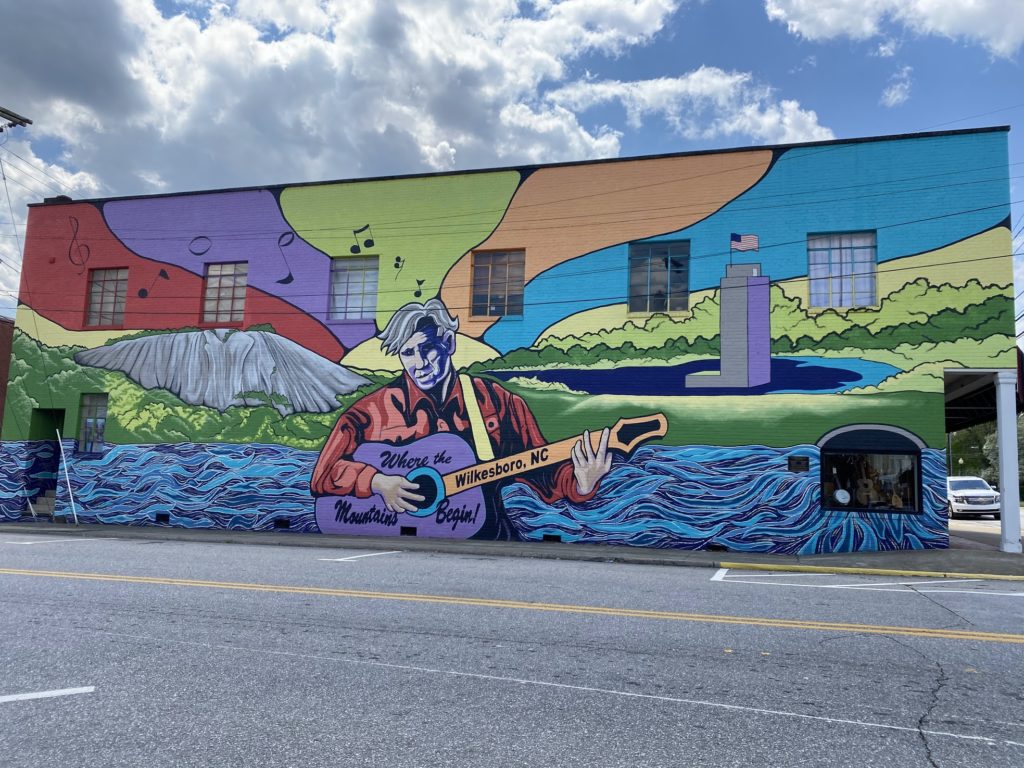
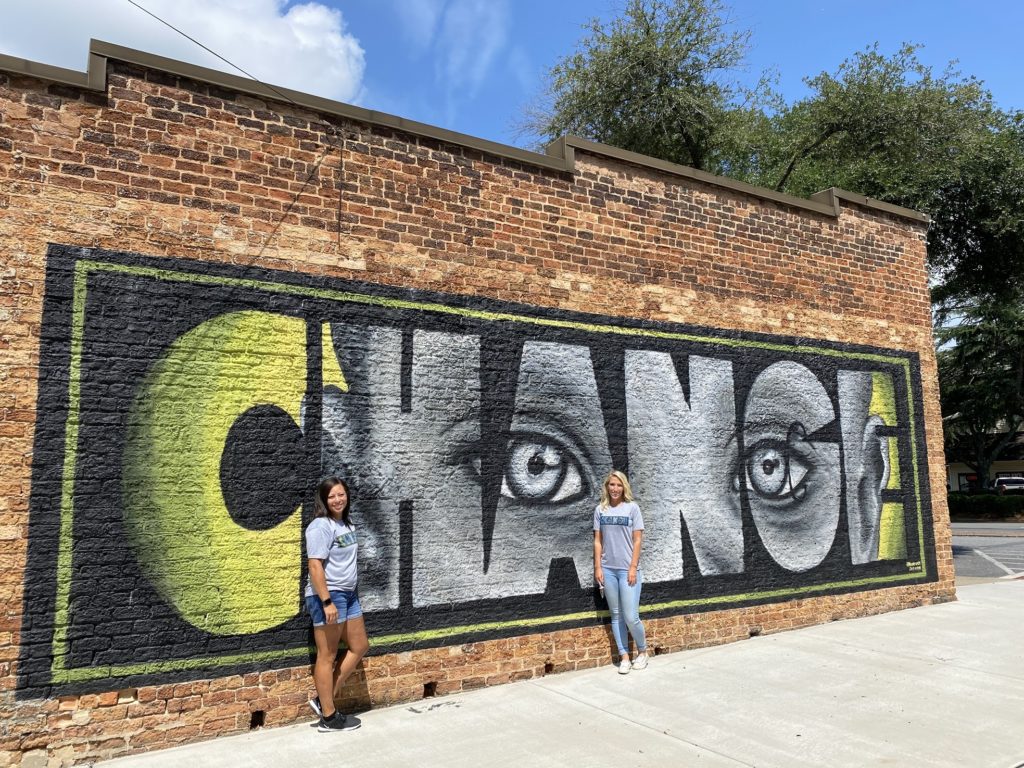
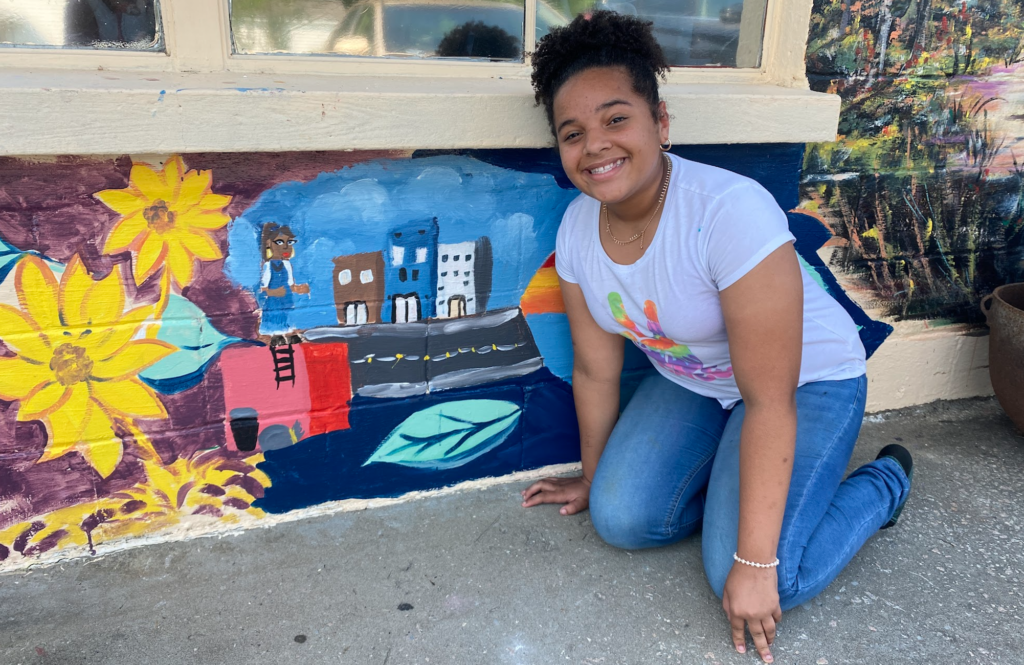
The most important part of our storytelling is listening to students. In our interviews, we ask ask about art, but we really ask about them. Why do you like to sing? What do you like about school? What things are difficult? Why did you choose those colors? Do you believe music can bring about hope?
Students across the state have opened up and reminded readers what it is like to be in school, why art matters to them, and the community it builds.
While we are visiting North Carolina art classrooms, AEP’s ArtEd Amplified showcases stories from around the states and other countries. How can dance change the brain? Sloka Iyengar discusses this in her perspective piece “Exploring the Convergence Between Arts and Sciences, One Month at a Time.” What key steps did a principal and art consultant do to implement change towards an arts integration model in New York? Jenna Masone, Ed.D. and Jennifer Katona, Ph.D. describe the transition in “Transforming a Traditional School into an Immersive Arts Integration School.”
AEP is a resource for nationwide research and perspectives on all things art education. Look out tomorrow for a piece on how North Carolina’s art education policies compare to other states. Alessandra Quattrocchi uses the Arts Education Partnership’s ArtScan tool to give an overview of the state of art education in North Carolina.
1The ArtScan does not yet reflect the North Carolina high school graduation requirement.
Recommended reading
